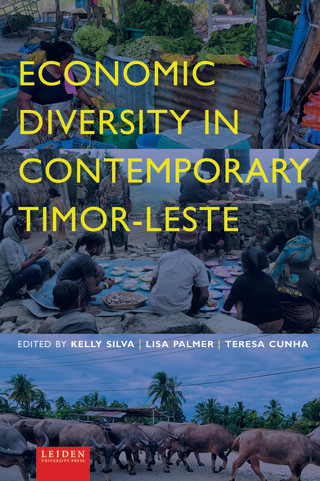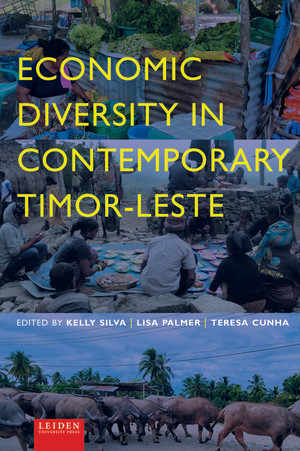Economic Diversity in Contemporary Timor-Leste analyses various economic dynamics in past and present Timor-Leste. Comprising 14 research chapters, the volume brings to the fore: 1) local, community-based economic values and arrangements; 2) community-based entanglements with a market-driven economy; 3) the colonial and postcolonial governance praxis through which a market-driven economy has permeated the country, and 4) the creative and place-based ways through which local people have responded to these transformations. The collection challenges hegemonic, market-driven analyses which characterise Timor-Leste’s economy as weak, deformed and homogenised and demonstrates the myriad of socially embedded ways through which Timor-Leste’s economy is diverse, richly complex and continually brought into being. To frame the analysis of these complex economic dynamics in Timor-Leste, the collection’s introduction develops the concept of economic ecologies: the assemblages of institutions and their localised and historical relationships mobilised for reproducing collective life, both in its material and immaterial aspects.

